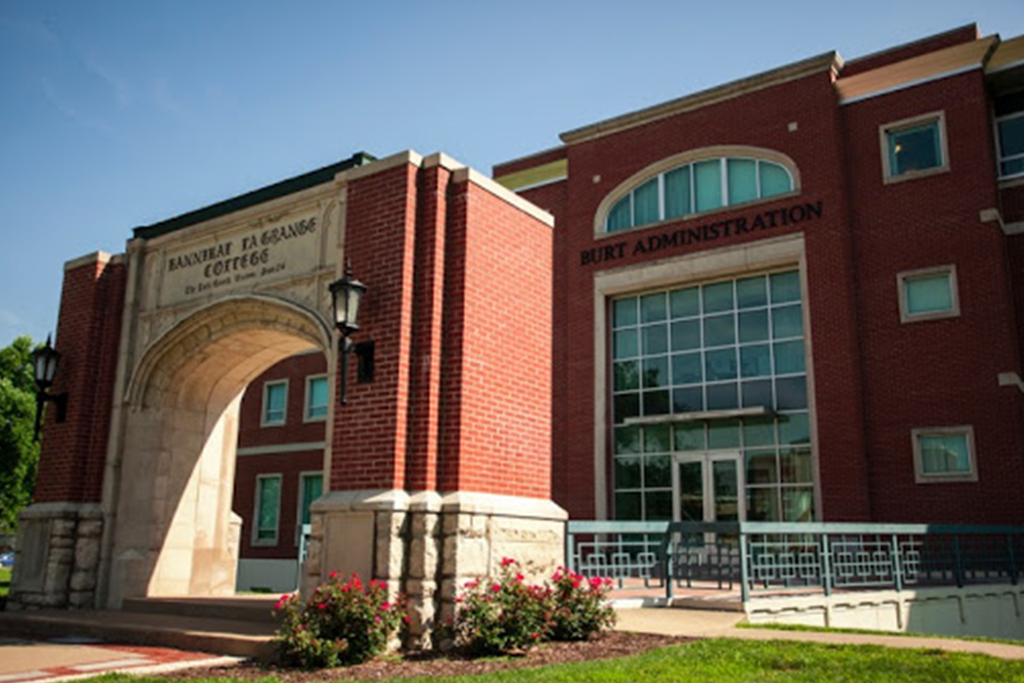
HANNIBAL, Mo. (BP) – Steps taken during a March 11 board of trustees meeting will keep Hannibal LaGrange University operational through the end of the fiscal year, Chairman Mark Anderson told Baptist Press March 16, and address a $690,000 debt while preparing the Missouri Baptist Convention-affiliated school for the future.
The debt reduction was labeled as “highest priority” in a statement released by the university’s interim president, Rodney Harrison. According to the statement, raising an additional $1,510,000 by June 30, the end of the current fiscal year, will be necessary to begin the new academic year without incurring more debt.
The revamped budget approved by the board will begin July 1 and “is balanced and achievable and will restore HLGU to strength,” the statement said.
In an interview with Baptist Press, Anderson said several factors coalesced that brought HLGU to its current financial condition.
“There’s been a changing landscape of higher education,” said Anderson, senior pastor of Lynwood Baptist Church in Cape Girardeau. “A lot of small, Christian colleges, in particular, have been affected.”
HLGU, which currently has 780 students, joined other institutions of higher learning that have experienced a decline in enrollment, he added. Plus, the school’s discount rates were too high “and the financial situation was aggravated by the pandemic for several reasons.”
The result, Anderson stated, “was an unsustainable financial model.”
On March 5 the board announced that Harrison, president of the Baptist Homes & Healthcare Ministries, would also serve as HLGU’s transitional president in a dual role.
“We met with our accreditation liaison with the Higher Learning Commission and they confirmed that we are right on track,” Harrison said March 17. “We have a very tangible plan and a path forward … a plan that results in a balanced budget and adjustments so that we can weather this year. We’re moving forward with trying to re-engage our network by leaning into our mission.”
HLGU, founded in 1858, is setting a goal of $2.2 million for donors. Four “giving areas” of greatest needs are immediate debt reduction, student aid and scholarships, faculty retention and operating expenses.
Early last year Judson College in Marion, Ala., faced a similar financial crisis. Its board called on donors to provide $5 million in pledges in order to remain solvent. However, they came up $3.7 million shy and voted to close the college that had been in existence for 183 years.




















